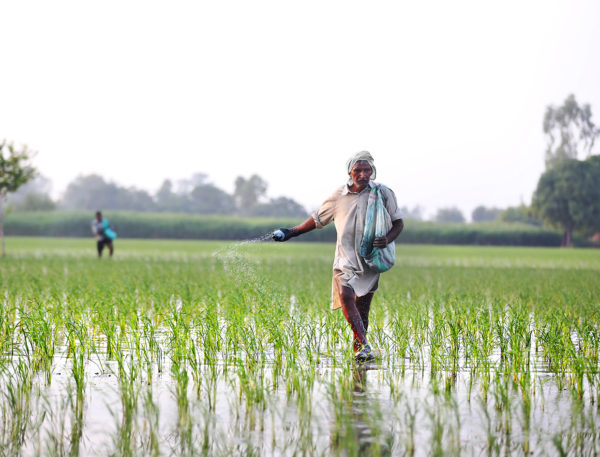ABN Amro has taken new steps towards promoting sustainable supply chains by teaming up with Root Capital, a US-based agricultural impact investor, to offer impact finance to small agricultural organisations.
Through the partnership, the bank says it aims to build an impact banking loan portfolio of up to €50mn in the coming years and thereby help bridge the financing gap for smallholder farmers that exists today.
“We will team up with clients and partners to give farmers in developing countries access to finance. Our main impact goals are to increase productivity and eventually bolster farmers’ livelihoods and to improve sustainable practices throughout the value chain,” say Liesbeth Kamphuis and Emilie Ottervanger, responsible for impact banking at ABN Amro, in a statement.
The partnership is part of ABN Amro’s Impact Banking initiative, which was set up in 2015 to provide sustainable finance to farmers, to, for example, buy fertiliser and seedlings.
In a recent blog post on the bank’s website, Kamphuis and Ottervanger outline how the initiative works: “The idea behind impact banking is straightforward. Farmers are given a loan of several hundred dollars to buy fertiliser or new planting materials in order to increase their production and eventually improve their standard of living. ABN Amro and its commodity clients jointly take on the risk of the loan. The client has both a practical and a moral motive, as it depends on the harvests of many millions of smallholder farmers and operates in a sector in which social abuses are still a major problem.”
They add that while these loans are often much smaller than conventional commodity loans, “the main difference is that impact banking focuses first on the impact on people and the planet, and then on the return”.
In addition to financing, the farmers are given training and guidance. “Don’t forget that these farmers often have big gaps in their knowledge about things we simply take for granted,” Ottervanger says in the blog. “There are stories about fertiliser programmes which failed in the past – not because of the quality of the fertiliser, but because the farmers just put it on their plants in one go.”
The bank closed its first loan participation last month, serving several coffee cooperatives in Latin America and reaching 4,000 coffee farmers.







